He harms himself who does harm to another, and the evil plan is most harmful to the planner

He harms himself who does harm to another, and the evil plan is most harmful to the planner
In the works of Hesiod, a Greek poet and philosopher from the 8th century BC, the concept of karma and the consequences of one's actions are prevalent themes. The quote "He harms himself who does harm to another, and the evil plan is most harmful to the planner" encapsulates the idea that those who inflict harm upon others ultimately bring harm upon themselves, and that those who devise evil schemes will ultimately suffer the most from their own actions.Hesiod believed in the concept of cosmic justice, where the universe operates on a system of balance and retribution. According to this belief, every action has a consequence, and those who engage in harmful behavior will eventually face the repercussions of their actions. This idea is reflected in the quote, as it suggests that those who harm others will ultimately harm themselves in the process.
Furthermore, Hesiod emphasizes the idea that evil intentions and malicious plans will ultimately backfire on the planner. This is a warning against engaging in deceitful and harmful behavior, as it will ultimately lead to one's own downfall. The quote serves as a reminder that one's actions have consequences, and that those who seek to harm others will ultimately suffer the most from their own actions.
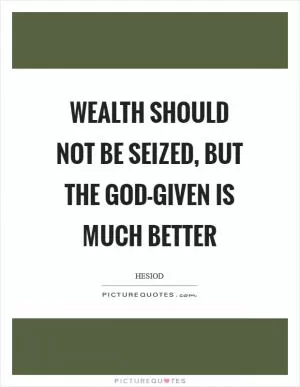
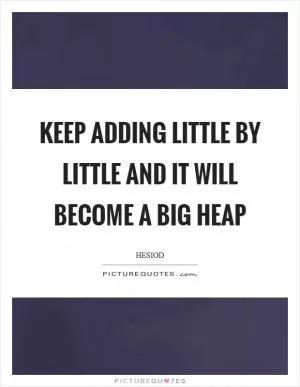


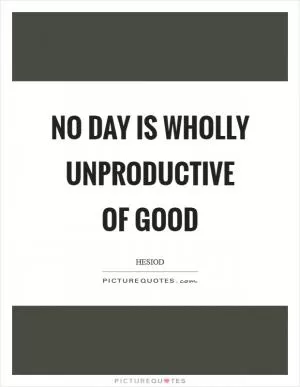
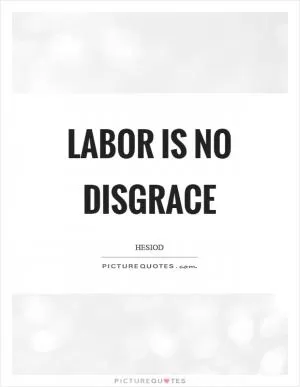

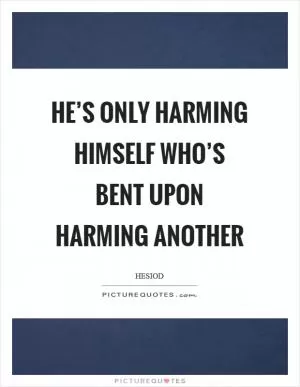

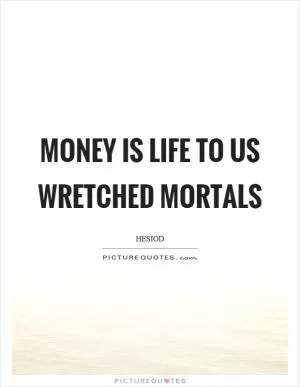


 Friendship Quotes
Friendship Quotes Love Quotes
Love Quotes Life Quotes
Life Quotes Funny Quotes
Funny Quotes Motivational Quotes
Motivational Quotes Inspirational Quotes
Inspirational Quotes